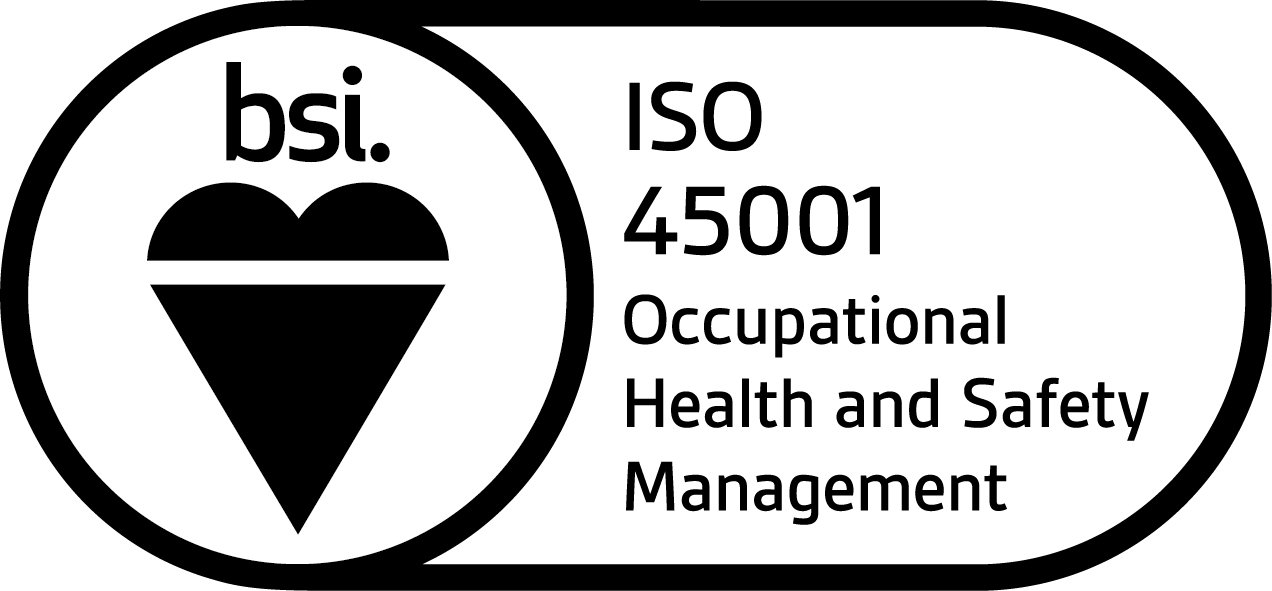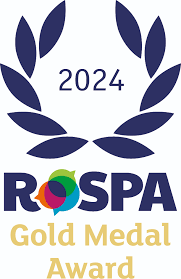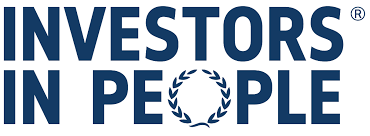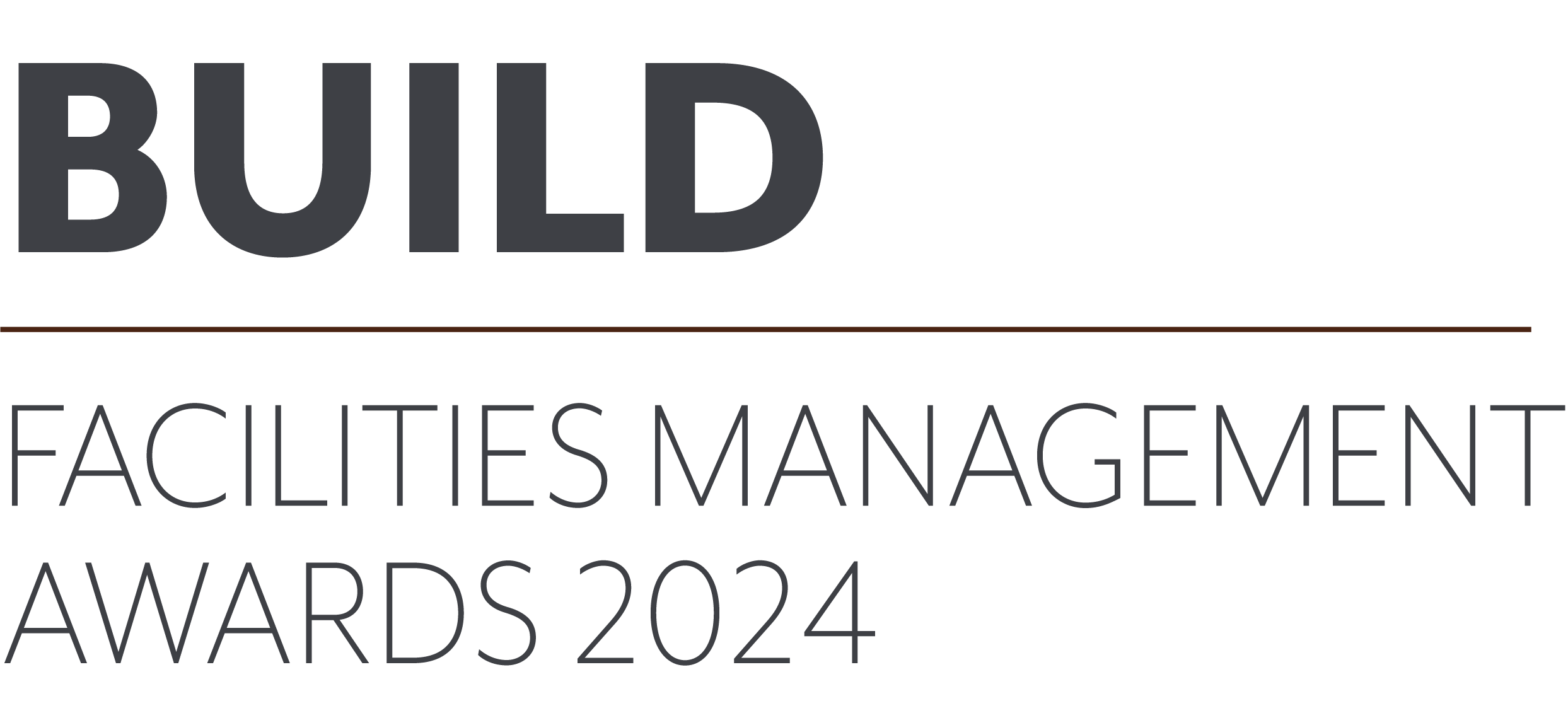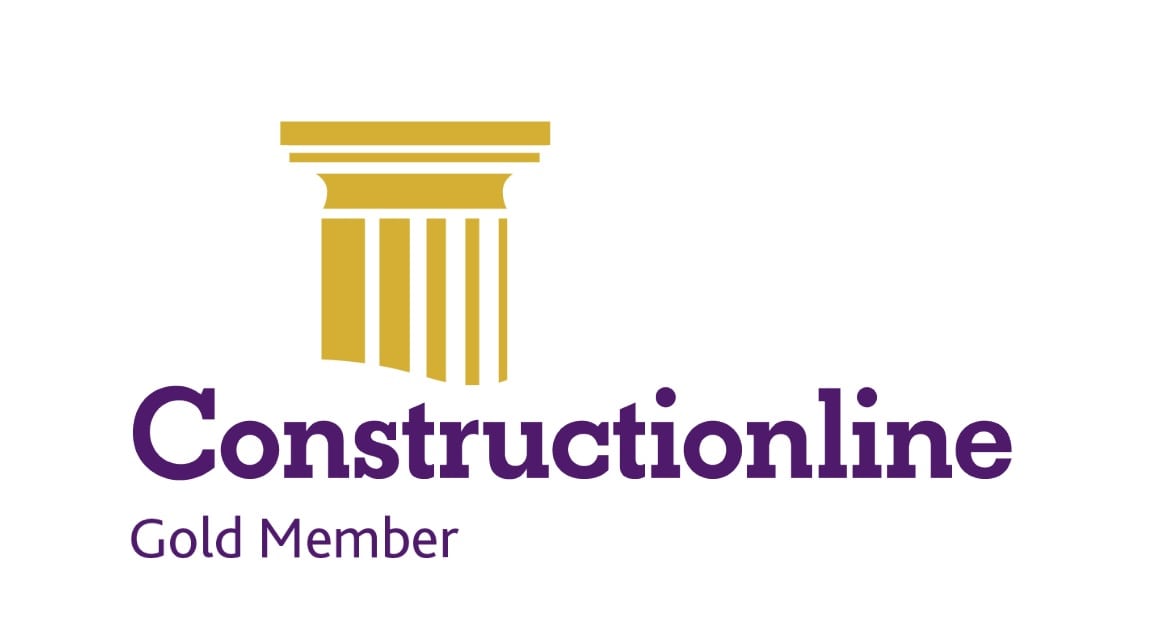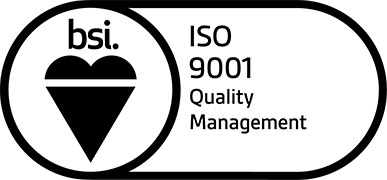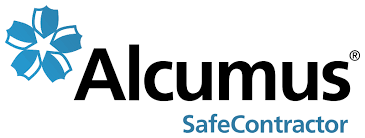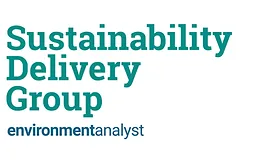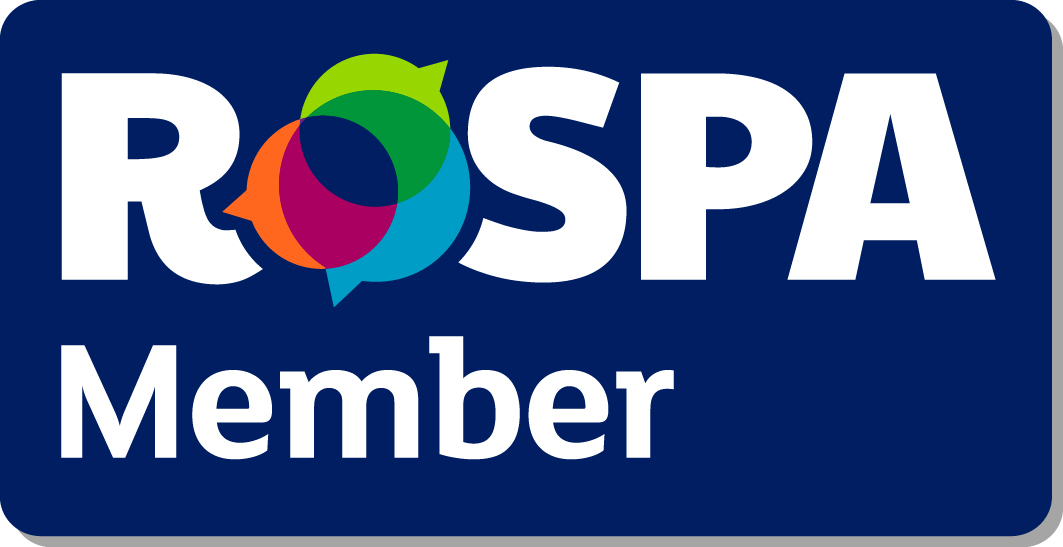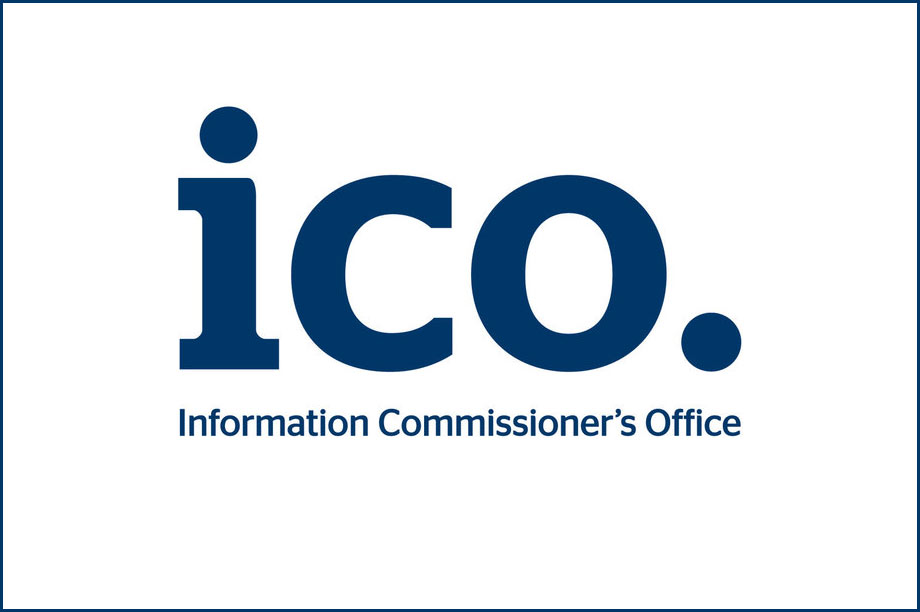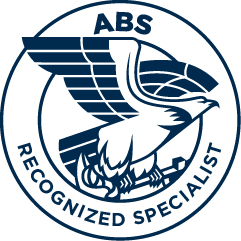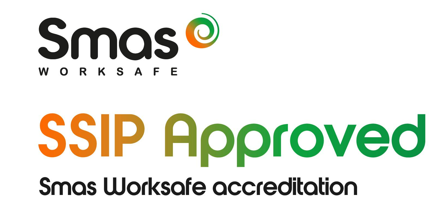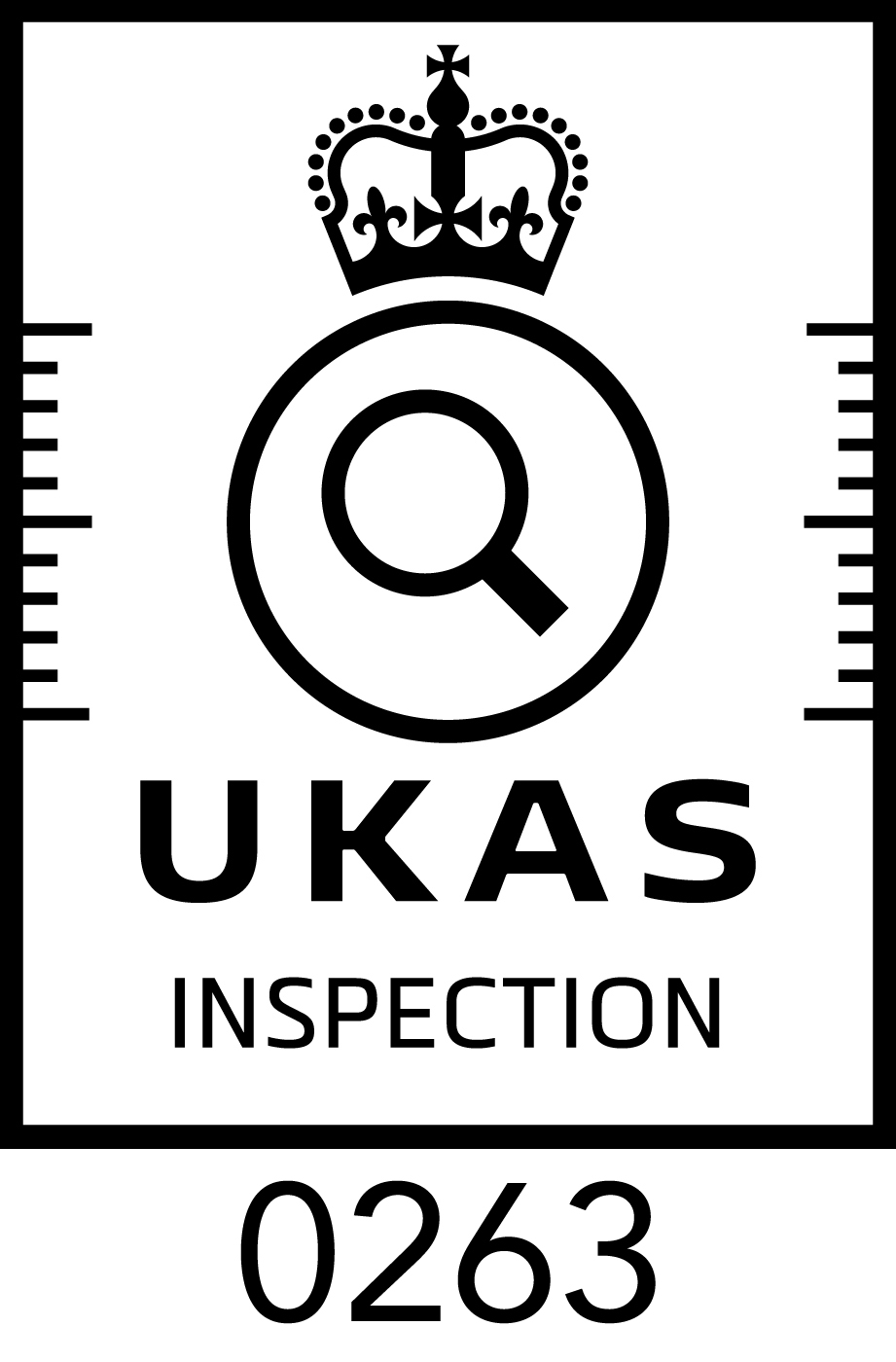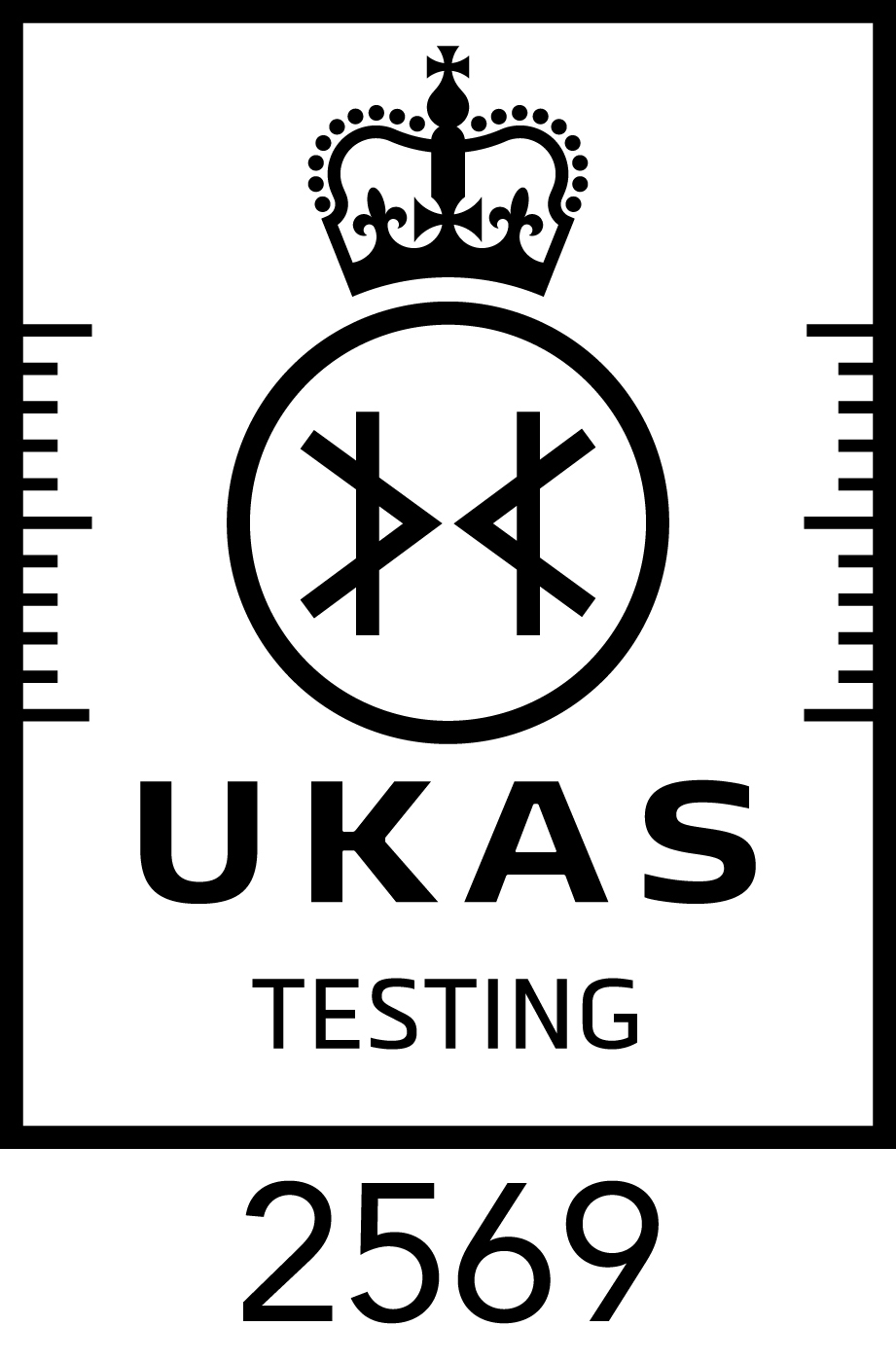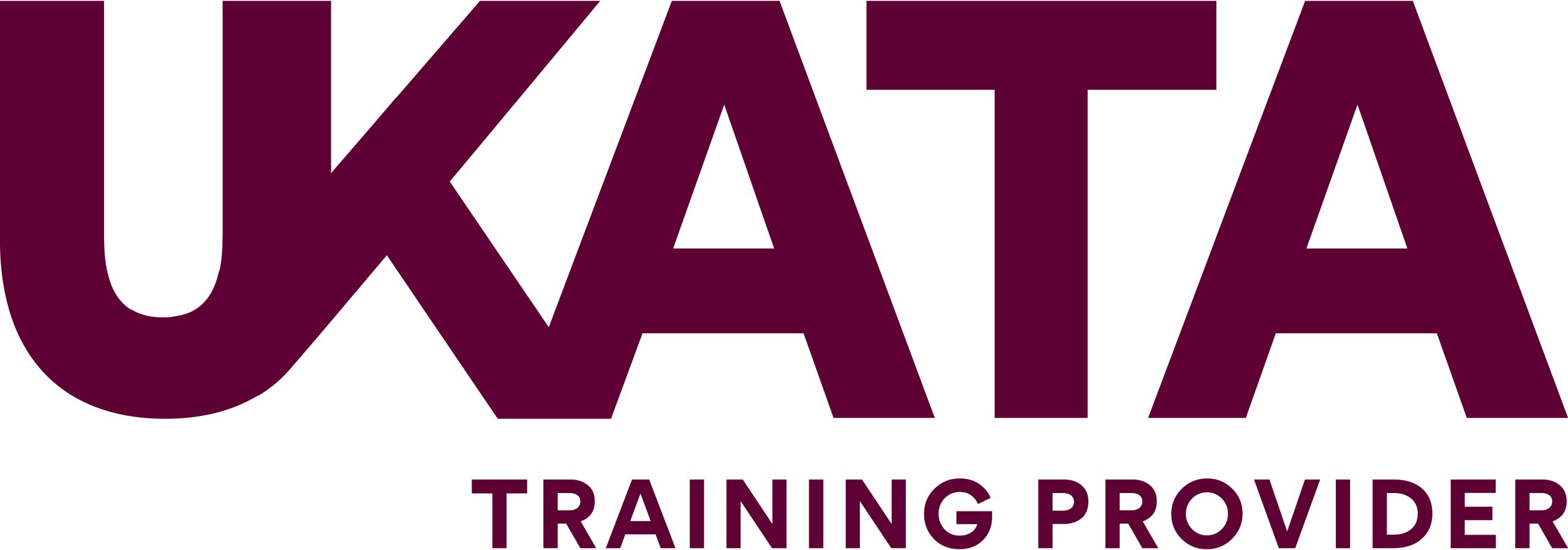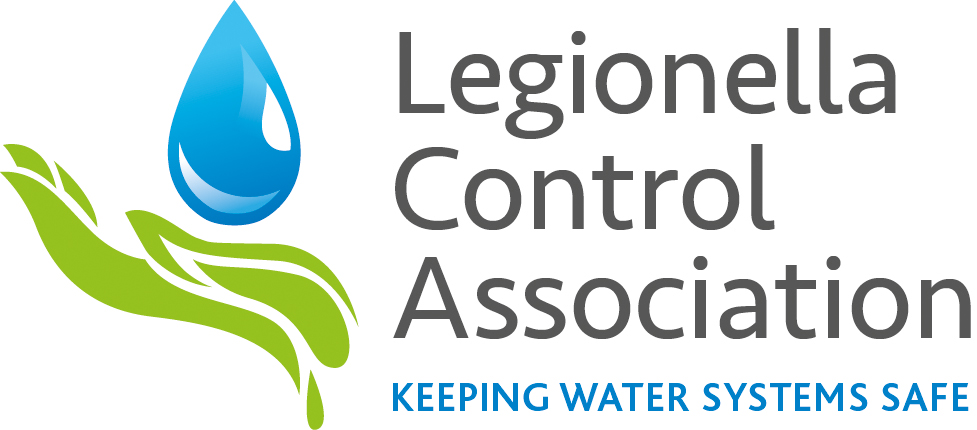Delta Simons were appointed to provide technical planning support to the architect leading the planning application for construction of a rigid board manufacturing plant. The proposed development required the completion of an Environmental Impact Assessment (EIA) to support planning.
Purpose
The Client proposed to build a rigid board manufacturing plant, requiring the completion of an Environmental Impact Assessment (EIA) to support planning. The development comprised a single building which included a production hall, warehouse, offices and associated parking and access. Delta Simons were appointed to provide technical planning support to the architect leading the planning application and to assist in developing the planning strategy for the proposals and addressing the local planning authority requirements including the requirement for and management of the EIA.
Scope of Works
Delta-Simons took a staged approach into producing the Environmental Impact Statement (EIA) and initially undertook baseline data collection and screening request. To inform the Local Planning Authority with their decision, Delta-Simons then prepared a combined screening and scoping request prior to gathering information for relevant technical aspects of the Environmental Statement which included:
- Production and Management of the EIA Process including scoping report and preparation of the Environmental Statement.
- Preparation and delivery of relevant technical aspects to support the ES and wider planning application including:
- Air Quality
- Noise
- Archaeology
- Ground evaluation (including assessment of mitigation for storage of unstable gases within a protected aquifer).
- Extended Phase 1 Habitat Survey.
- Transport Statement and Travel plan.
- Energy statement and sustainability.
- Flood Risk Assessment with drainage strategy.
Outcomes / Client Benefit
Utilising our in-house Environmental Planning team supported by technical specialists the following benefits were:
- Cost and timescale savings from detailed scoping to reduce the extent of the EIA.
- Thorough documentation and communication secured regulatory approval with minimal planning conditions.
- Consideration of the Environmental Permitting requirements within the application to future proof the planning consent and reduce need for further technical work at a later date.




